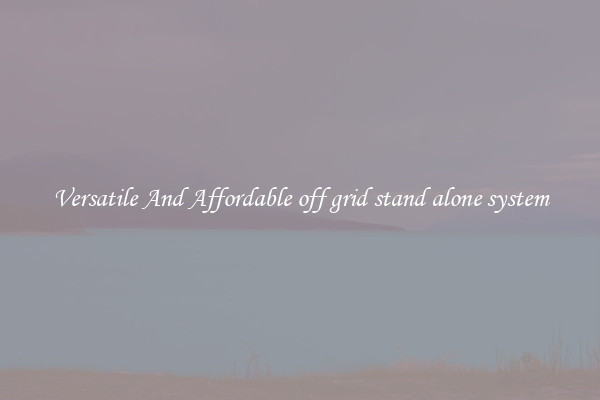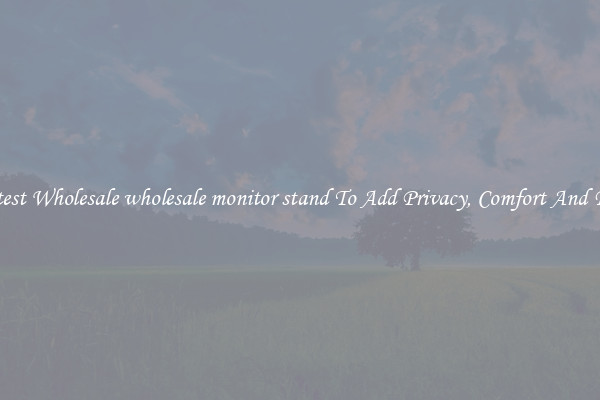Versatile And Affordable off grid stand alone system
In recent years, there has been a growing interest in off-grid stand-alone systems as people seek sustainable and cost-effective alternatives to traditional energy sources. One such system that has gained popularity is the versatile and affordable off-grid stand-alone system.

The versatility of this system lies in its ability to be customized and adapted to various energy needs. Whether you are looking to power a small cabin, a farm, or a remote location, this system can be designed to meet your specific requirements. It can be scaled up or down depending on the energy demand and can incorporate different renewable energy sources such as solar panels, wind turbines, or hydroelectric generators.
One of the major advantages of this system is its affordability. Unlike traditional energy sources like fossil fuels, which can be expensive and subject to price volatility, off-grid stand-alone systems utilize renewable energy sources that are abundant and essentially free. By investing in this system upfront, users can save on their energy bills in the long run, making it a cost-effective choice.
Moreover, the affordability of this system is enhanced by the fact that it requires minimal maintenance. Once installed, the system operates independently, reducing the need for regular check-ups and costly repairs. This makes it especially appealing for remote locations where access to professional technicians may be limited or expensive.
Furthermore, the off-grid stand-alone system offers the advantage of energy independence. With this system, users are not reliant on the grid for their energy needs, allowing them to enjoy uninterrupted power supply even during blackouts or grid failures. This can be particularly valuable for areas prone to natural disasters or remote locations where grid connectivity may not be feasible.
Additionally, the environmental benefits of this system should not be understated. By harnessing renewable energy sources, users reduce their carbon footprint and contribute to the reduction of greenhouse gas emissions. This is crucial in the fight against climate change and the transition to a sustainable future.
In conclusion, the versatile and affordable nature of off-grid stand-alone systems makes them an attractive option for individuals and communities looking to access reliable, cost-effective, and sustainable energy sources. With their ability to be customized, their low maintenance requirements, and the benefits of energy independence, investing in these systems not only helps save money but also contributes to a cleaner and greener planet. Therefore, it is no surprise that more and more people are turning to off-grid stand-alone systems as a viable alternative to traditional energy sources.

View details

View details

View details

View details








